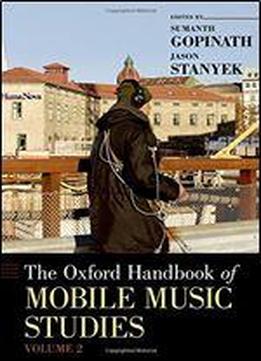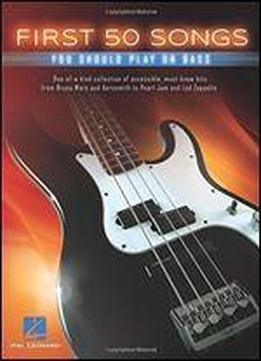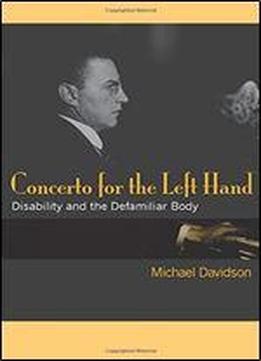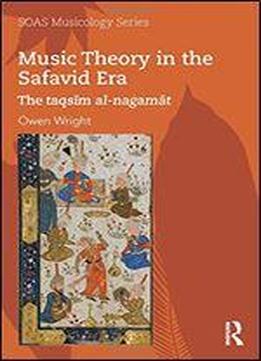
The Oxford Handbook Of Mobile Music Studies
Tags:
Sumanth Gopinath
The two volumes of The Oxford Handbook of Mobile Music Studies consolidate an area of scholarly inquiry that addresses how mechanical, electrical, and digital technologies and their corresponding economies of scale have rendered music and sound increasingly mobile-portable, fungible, and ubiquitous. At once a marketing term, a common mode of everyday-life performance, and an instigator of experimental aesthetics, "mobile music" opens up a space for studying the momentous transformations in the production, distribution, consumption, and experience of music and sound that took place between the late nineteenth and the early twenty-first centuries. Taken together, the two volumes cover a large swath of the world-the US, the UK, Japan, Brazil, Germany, Turkey, Mexico, France, China, Jamaica, Iraq, the Philippines, India, Sweden-and a similarly broad array of the musical and nonmusical sounds suffusing the soundscapes of mobility. Volume 2 investigates the ramifications of mobile music technologies on musical/sonic performance and aesthetics. Two core arguments are that "mobility" is not the same thing as actual "movement" and that artistic production cannot be absolutely sundered from the performances of quotidian life. The volume's chapters investigate the mobilization of frequency range by sirens and miniature speakers sound vehicles such as boom cars, ice cream trucks, and trains the gestural choreographies of soundwalk pieces and mundane interactions with digital media dance music practices in laptop and iPod DJing the imagery of iPod commercials production practices in Turkish political music and black popular music the aesthetics of handheld video games and chiptune music and the mobile device as a new musical instrument and resource for musical ensembles.








